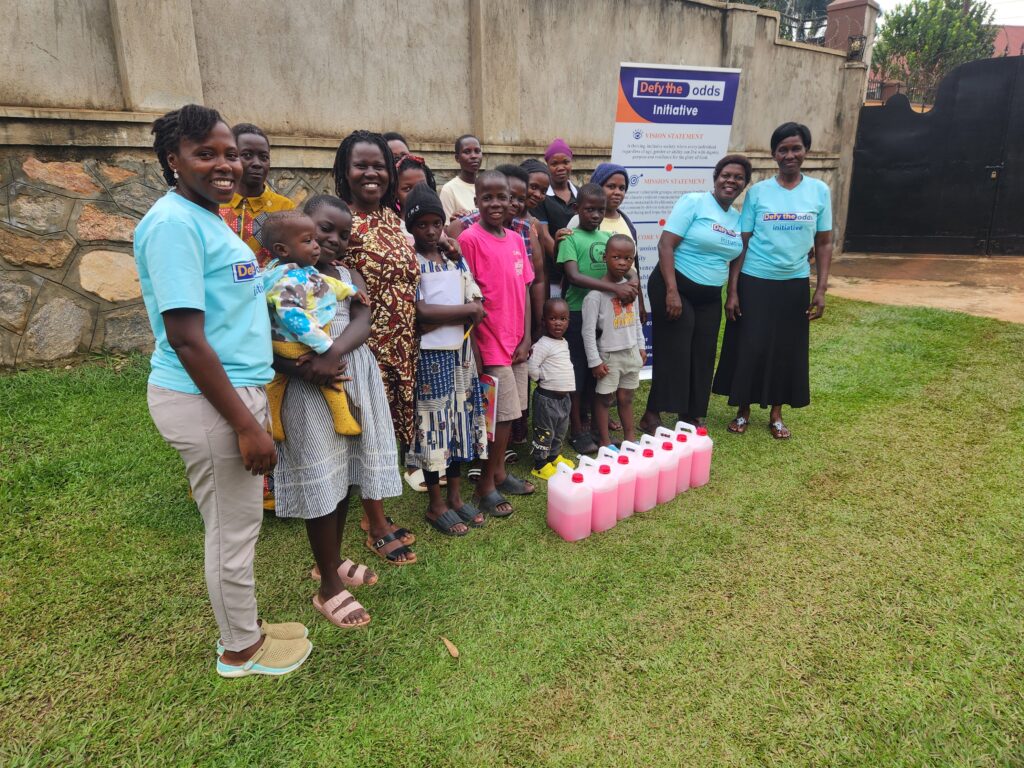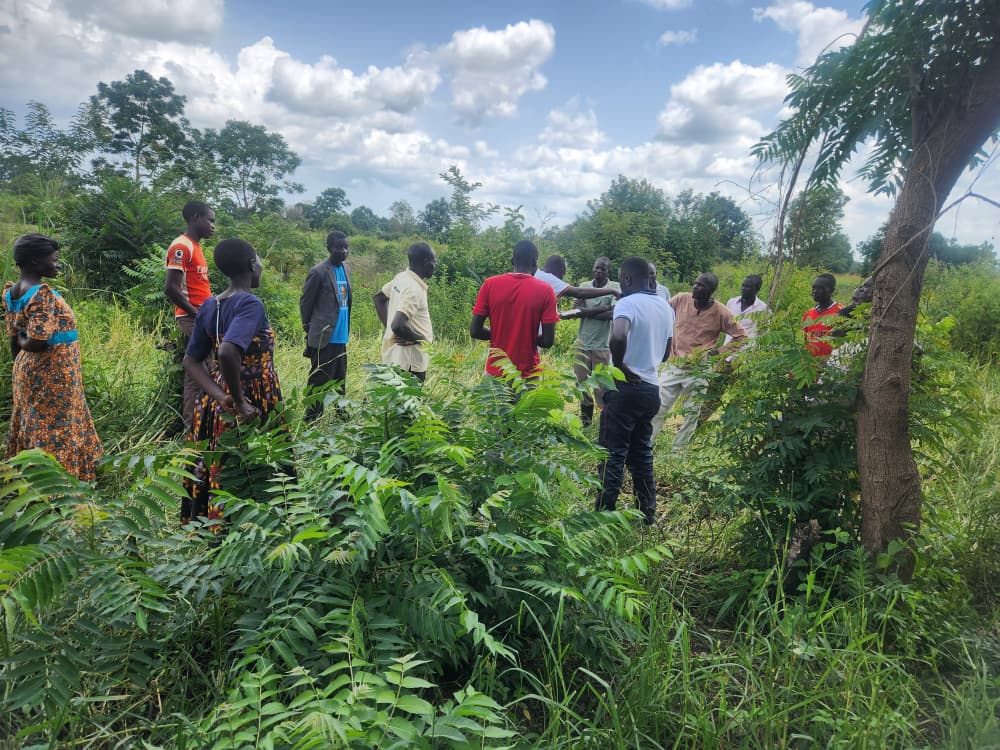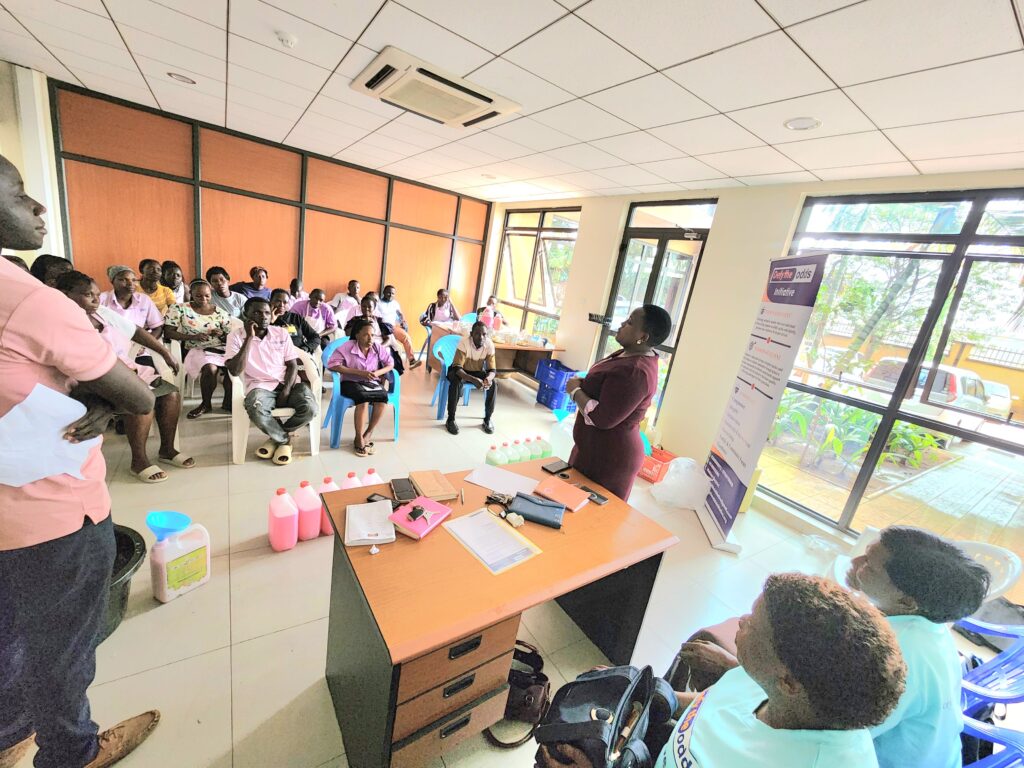Program Areas

1. Empowerment of Vulnerable Groups
I. Women and Girls: Provide access to education, vocational training, and economic opportunities to enhance financial independence and decision-making power.
II. Children: Ensure access to quality education, healthcare, and protection services to promote well-being and prospects.
III. Individuals with Disabilities: Advocate for inclusive policies and provide assistive technologies and support services to enhance participation in societal activities.
IV. Combating Early Marriage: Implement community awareness programs and support services to prevent early marriage and its associated risks.
2. Enhancing Climate Resilience through Agroforestry
I. Agroforestry Practices: Promote the integration of trees into agricultural systems to improve soil fertility, enhance biodiversity, and increase resilience to climate change.
II. Training and Support: Provide farmers with training on sustainable agricultural practices and access to resources such as drought-resistant seeds and tools.
III. Community Engagement: Involve local communities in planning and implementing climate adaptation strategies to ensure relevance and sustainability.

3. Empowering and enhancing the well-being of married couples
I. Promote Financial Literacy and Economic Empowerment: Financial stability is crucial for marital harmony. Initiatives like financial Empowerment Programs have demonstrated success by providing families with resources, such as piglets, to start businesses and increase income. This approach not only boosts economic well-being but also fosters collaboration between spouses.
II. Encourage Open Communication and Conflict Resolution: Effective communication is the cornerstone of a healthy marriage. Programs like the Model Couple Approach (MCA) train couples on gender equality, positive communication, and conflict resolution. This training has led to reduced domestic violence and improved family dynamics.
III. Provide Access to Quality Education: Education empowers individuals and strengthens marriages. Ensuring that both partners have access to quality education can enhance their skills, increase earning potential, and promote equality within the relationship.
IV. Offer Marriage Enrichment Programs: Structured programs can provide couples with tools to strengthen their relationships. The Art of Marriage, for example, offers resources designed to inspire and equip couples, regardless of their stage in marriage. These programs often include workshops, discussions, and activities that promote understanding and connection.
V. Foster Community Support and Engagement: Building a supportive community can provide couples with resources and encouragement. Community-based interventions have shown that collective efforts can address issues like domestic violence and promote gender equity.
VI. Encourage Joint Goal Setting and Vision Planning: Collaboratively setting goals and creating a shared vision for the future can strengthen the partnership. Developing a mission and vision statement for marriage helps couples align their values and aspirations, providing a clear direction for their relationship.
4. Enhancing the well-being and mental health of pregnant women, breastfeeding mothers, youth, and married couples
I) Maternal Mental Health Support: Pregnant and breastfeeding women are particularly vulnerable to mental health challenges, including depression and anxiety. Studies indicate that approximately 1 in 5 women in low-income countries like Uganda experience maternal mental health conditions.
a) Screening and Training: Implementing routine mental health screenings during antenatal and postnatal care can help identify at-risk individuals. Training healthcare providers to recognize and manage maternal mental health issues is essential. Research in southwestern Uganda highlights the need for specialized training among maternity care workers to effectively address these concerns.
b) Community Support Programs: Establishing support groups and counseling services can provide emotional support and reduce isolation among mothers. Organizations like Serve for Hope Uganda focus on empowering vulnerable women and children, which can positively impact maternal mental health.
II) Youth Empowerment and Education: Empowering youth is crucial for their mental well-being and prospects.
a) Life Skills Training: Programs that teach self-esteem, decision-making, and life skills can equip young people to navigate challenges effectively.
b) Mentorship Programs: Connecting youth with mentors can provide guidance and support.
III) Marriage Counseling and Support: Strengthening marriages contributes to the overall well-being of couples and their families.
a) Couple-Focused Interventions: Programs that address the needs of couples can improve reproductive health practices and outcomes. Couple-focused interventions (CFIs) conceptualize the couple as the basic unit, targeting both partners to enhance relationship dynamics.
b) Pre-Marital Counseling: Providing counseling before marriage can equip couples with tools to navigate challenges and build strong foundations.
IV) Integrated Health Services: Providing comprehensive health services that address both physical and mental health is essential.
a) Maternal and Child Health Programs: Strengthening health systems to improve access to and quality of antenatal care, childbirth, and postpartum care can enhance maternal and child health outcomes.
b) Mobile Health Interventions: Utilizing mobile health (mHealth) interventions can encourage and support women to use maternity care services, especially in remote areas.
5. Community Engagement and Awareness:
Raising awareness and engaging communities can reduce stigma and promote mental health.
a) Educational Campaigns: Conducting campaigns to educate communities about mental health can reduce stigma and encourage individuals to seek help. Understanding depression among mothers and pregnant women in Uganda is crucial for developing effective interventions.
b) Support Networks: Building community support networks can provide a safety net for individuals facing mental health challenges. The Child Care and Youth Empowerment Foundation focuses on preventing school dropouts for girls and rehabilitating teenage mothers through counseling and life skills training.

6. Faith and Development
Faith is not only our foundation but also a transformative tool for development. At Defy the Odds Initiative, we believe that sustainable change must include spiritual renewal. Our faith and development approach integrates Christian values into every program area, ensuring that our interventions address the whole person—spirit, soul, and body. We conduct Bible-based discipleship, spiritual mentorship, and leadership training to help individuals grow in faith, character, and purpose. We partner with churches, Christian schools, and faith leaders to promote community healing, ethical leadership, and compassionate service. We also hold prayer fellowships, gospel outreaches, and trauma healing sessions rooted in Scripture. By combining spiritual formation with practical empowerment, we foster individuals and communities that thrive with integrity, justice, and God’s love at the core.
